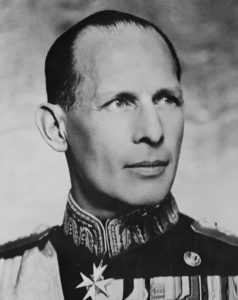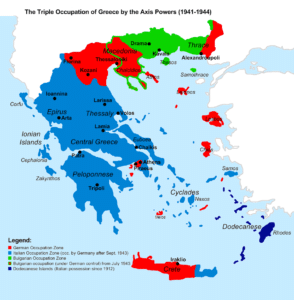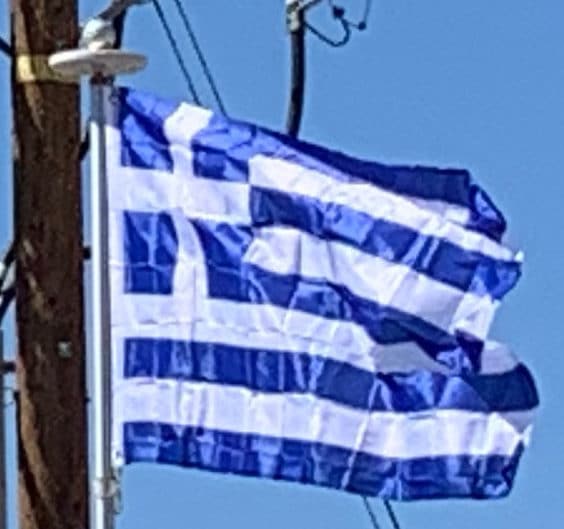The following era was marked by instability, as over 1.5 million property-less Greek refugees from Turkey had to be integrated into Greek society. Cappadocian Greeks, Pontian Greeks, and non-Greek followers of Greek Orthodoxy were all subject to the exchange as well. Some of the refugees could not speak the language, and were from what had been unfamiliar environments to mainland Greeks, such as in the case of the Cappadocians and non-Greeks. The refugees also made a dramatic post-war population boost, as the number of refugees was more than a quarter of Greece’s prior population.

Following the catastrophic events in Asia Minor, the monarchy was abolished via a referendum in 1924 and the Second Hellenic Republic was declared. In 1935, a royalist general-turned-politician Georgios Kondylis took power after a coup d’état and abolished the republic, holding a rigged referendum, after which King George II returned to Greece and was restored to the throne.
Dictatorship, World War II, and Reconstruction:
An agreement between Prime Minister Ioannis Metaxas and the head of state George II followed in 1936, which installed Metaxas as the head of a dictatorial regime known as the 4th of August Regime, inaugurating a period of authoritarian rule that would last, with short breaks, until 1974. Although a dictatorship, Greece remained on good terms with Britain and was not allied with the Axis.
On 28 October 1940, Fascist Italy demanded the surrender of Greece, but the Greek administration refused, and, in the following Greco-Italian War, Greece repelled Italian forces into Albania, giving the Allies their first victory over Axis forces on land. The Greek struggle and victory against the Italians received exuberant praise at the time. Most prominent is the quote attributed to Winston Churchill: “Hence we will not say that Greeks fight like heroes, but we will say that heroes fight like Greeks.” French general Charles de Gaulle was among those who praised the fierceness of the Greek resistance. In an official notice released to coincide with the Greek national celebration of the Day of Independence, De Gaulle expressed his admiration for the Greek resistance:
In the name of the captured yet still alive French people, France wants to send her greetings to the Greek people who are fighting for their freedom. The 25 March 1941 finds Greece in the peak of their heroic struggle and in the top of their glory. Since the Battle of Salamis, Greece had not achieved the greatness and the glory which today holds.

The country would eventually fall to urgently dispatched German forces during the Battle of Greece, despite the fierce Greek resistance, particularly in the Battle of the Metaxas Line. Adolf Hitler himself recognized the bravery and the courage of the Greek army, stating in his address to the Reichstag on 11 December 1941, that: “Historical justice obliges me to state that of the enemies who took up positions against us, the Greek soldier particularly fought with the highest courage. He capitulated only when further resistance had become impossible and useless.”
